5 Sep – 10 Dec 2023
Carole Itter: Only when I’m hauling water do I wonder if I’m getting any stronger
-
Carole Itter
ArtistCarole Itter (Canadian, b. 1939) is an artist, writer, performer and filmmaker. Itter began her fine art studies at the University of British Columbia (1958, 1963) and continued at the Vancouver School of Art, now Emily Carr University (1959-1962), and at L’Accademia di Belle Arti in Rome (1964). Itter also worked seasonally at Theatre Under the Stars professional scene shop in Vancouver (1958-61). Solo exhibitions of her work include Western Front, Or Gallery, grunt gallery, Open Space, Vancouver Art Gallery and SFU Galleries’ Audain Gallery. Her work was included in WACK! Art and the Feminist Revolution at the Vancouver Art Gallery in 2008 and in Traffic: Conceptual Art in Canada 1965-80,which toured across Canadian institutions from 2010-13. She is the author of Whistle Daughter Whistle (1982) and with Daphne Marlatt, she compiled and edited Opening Doors (1979), an archive of oral history about Vancouver’s East End. Itter collaborated with artist and musician Al Neil and joined him at the Blue Cabin in North Vancouver in the late 1970s, which was the start of a residency that would span more than thirty-five years. The cabin was a place of inspiration and art production for her while she maintained her residence and studio in the Vancouver neighbourhood of Strathcona, where she has lived since the early 1970s. Itter’s work is included in the collections of the Morris and Helen Belkin Art Gallery, SFU Galleries, Vancouver Art Gallery, Burnaby Art Gallery, Surrey Art Gallery, Nanaimo Art Gallery, Canada Council Art Bank and Vancouver Public Library. She was awarded the VIVA award (1989) and the Audain Prize (2017).
Read More
-
Melanie O’Brian
CuratorMelanie O’Brian is Associate Director/Curator at the Belkin, and has been the gallery’s Acting Director/Curator 2022 to the present. Prior to joining the Belkin, O’Brian was Director/Curator of Simon Fraser University Art Galleries, including Audain, Teck and SFU Gallery, from 2012 to 2020. She was formerly Curator/Head of Programs at The Power Plant Contemporary Art Gallery in Toronto, Director/Curator at Artspeak in Vancouver and Assistant Curator at the Vancouver Art Gallery. O’Brian has taught at UBC, Emily Carr University and Simon Fraser University, and received her MA in Art History from the University of Chicago. She has organized exhibitions locally and internationally, edited numerous publications and written extensively for catalogues and magazines.
Read More
Opening reception: Thursday, 7 September 2023 from 5:30 to 7:30 pm with Carole Itter and The Carnival Band
The exhibition Carole Itter: Only when I’m hauling water do I wonder if I’m getting any stronger brings together a selection of the artist’s multidisciplinary works and archival materials from the 1960s to the present. Revealing her attention to locality, language and choreography, the title references Itter’s writing and points to her self-reflexive labour as an artist, as a woman and as an inhabitant of shacks, old houses and cooperatives on the West Coast.
Itter’s artistic ethos is evident in her consideration of the places and communities that have framed her life, in her written, drawn and material expression, and in her practice of designing conditions for performance. The artist’s focus on the local was part of a shared sensibility in Vancouver and beyond in the 1960s and has found renewed urgency and wisdom in the context of the climate crisis. Itter’s hand-hewn work reasserts the presence of the body through ecological, feminist and anti-capitalist lenses, and offers insight into how humans see themselves in relation to each other and other beings in the world.
Included in the exhibition are a selection of installations, photographs, sketches, costumes, films and writing that reveal the artist’s multi-valent practice, blurring the lines between art’s traditional containers. Humorously subverting the status quo, Itter’s hanging sculptural “rattles” are assembled from wood detritus collected from alleys, basements and second-hand shops. Made of spindles, spoons, dowels and chair legs, they signal the connection between deforestation, production, consumerism and disposal while offering a performative invitation to an imagined sonic and physical interaction. These works connect to her “spill” installations on floors and water, and lead into later installations such as The Inlet (2011-ongoing) that will be installed for the first time at the Belkin, which includes projection, collage and textile to continue an embodied connection to place.
Posing questions around social and ecological choreography, Itter’s work asks, What are our collective and individual gestures of understanding and being with a place? For the artist, these gestures occur over time, with responsibility, with others (people, birds, water) and in threshold spaces. She inhabits sites, forms and figures with a unique vision and material force that highlights the illusion of permanency. In the film Tarpaulin Pull (2006) she rows a small boat, pulling a field of blue made from disintegrated plastic tarps that rests on the surface of the ocean. She methodically lands the tarp, folds it up and deposits it in a dumpster. Whether performing in or out of costume, she inhabits a singular perspective of understanding that repudiates her refusal of expertise. Itter admits that she’s “an expert at looking at water” and the strength of her work is in how she has carried the load.
Download the handout.
Listen to Kay Slater’s Creative Access audio tour.
This project has been developed in conversation with another solo exhibition on Carole Itter’s work presented at SFU Galleries Audain Gallery (20 January-11 March 2023). Together these exhibitions trace a path backwards in time, from the artist’s most recent to earliest bodies of work.
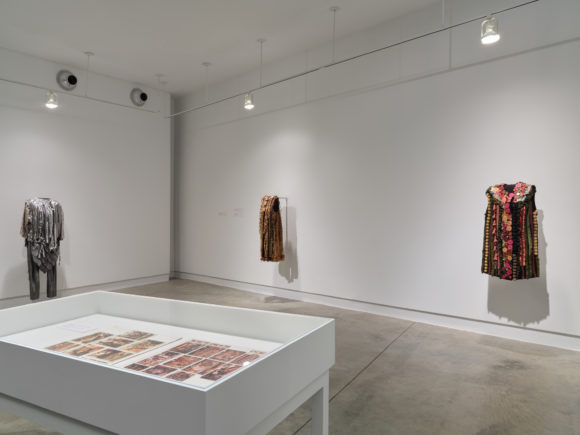
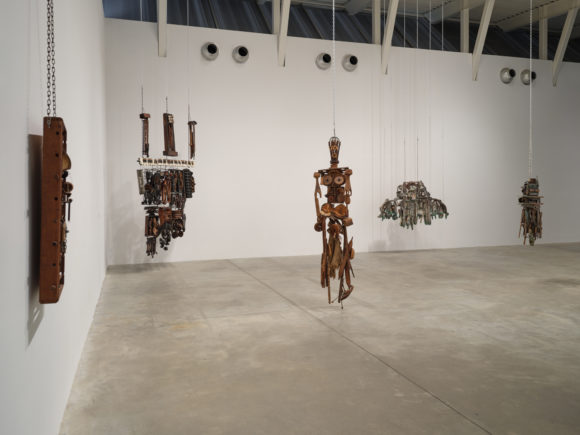
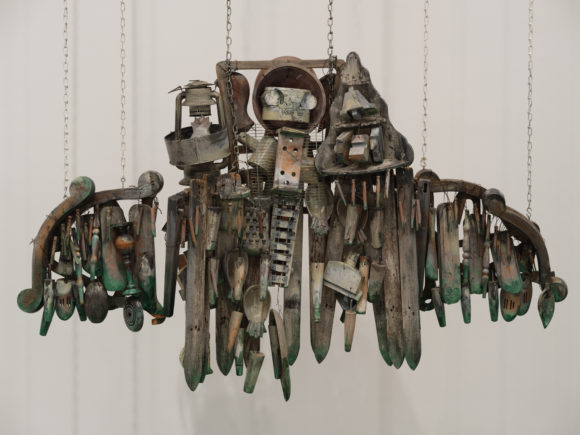
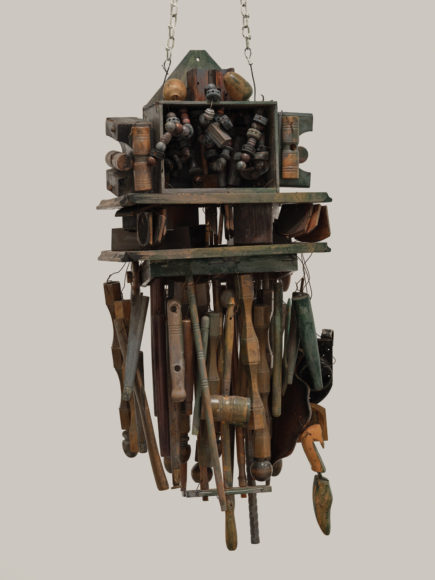
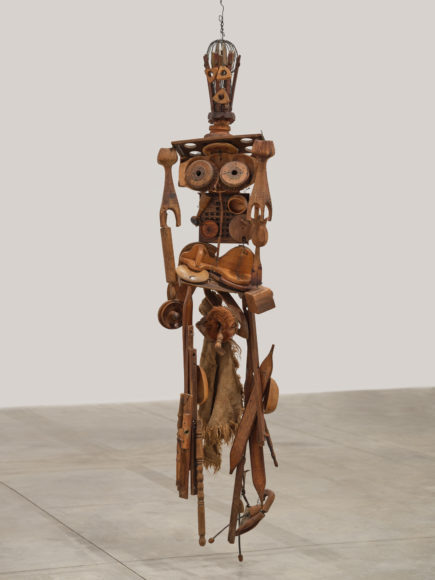
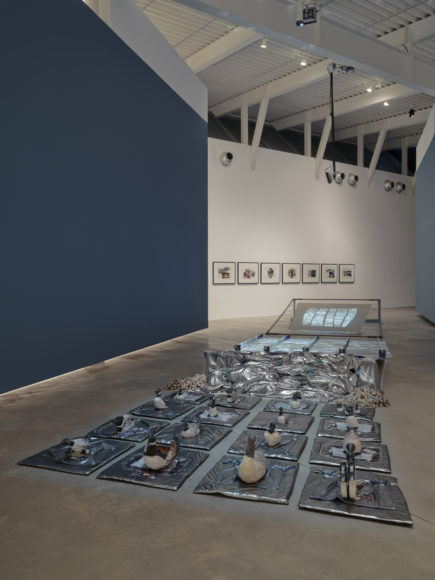
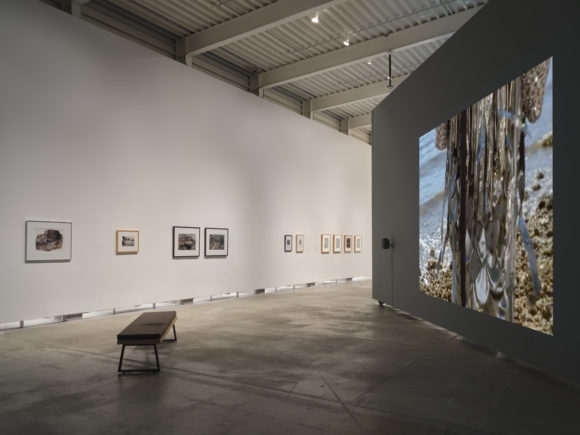
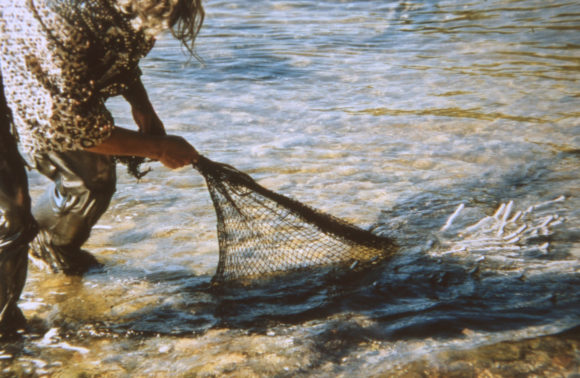
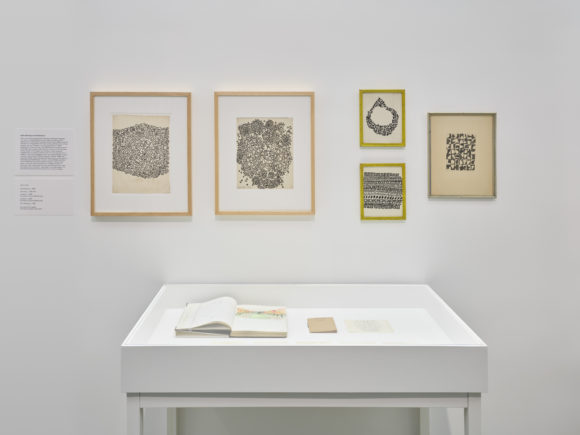
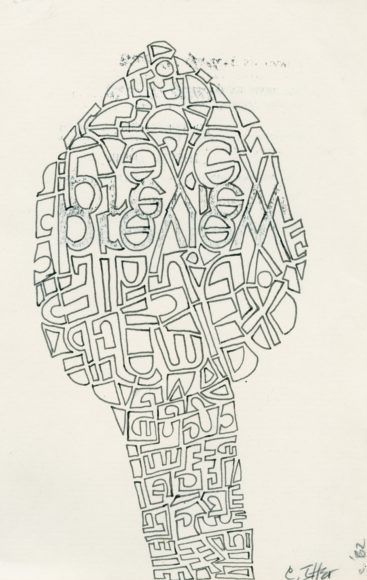
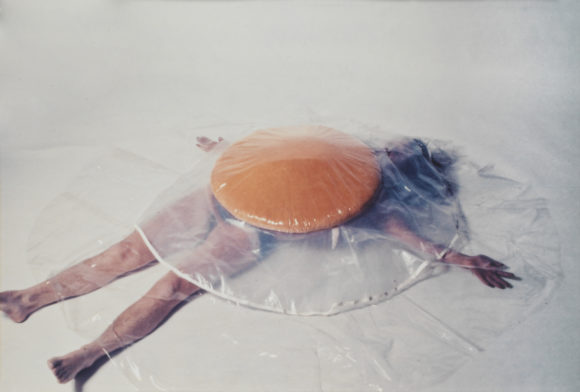
Carole Itter: Only when I’m hauling water do I wonder if I’m getting any stronger is curated by Melanie O’Brian and made possible with the generous support of the Canada Council for the Arts, the Province of British Columbia through the BC Arts Council and our Belkin Curator’s Forum members.
Image (above): Carole Itter, Tarpaulin Pull (still), 2006
-
Carole Itter
ArtistCarole Itter (Canadian, b. 1939) is an artist, writer, performer and filmmaker. Itter began her fine art studies at the University of British Columbia (1958, 1963) and continued at the Vancouver School of Art, now Emily Carr University (1959-1962), and at L’Accademia di Belle Arti in Rome (1964). Itter also worked seasonally at Theatre Under the Stars professional scene shop in Vancouver (1958-61). Solo exhibitions of her work include Western Front, Or Gallery, grunt gallery, Open Space, Vancouver Art Gallery and SFU Galleries’ Audain Gallery. Her work was included in WACK! Art and the Feminist Revolution at the Vancouver Art Gallery in 2008 and in Traffic: Conceptual Art in Canada 1965-80,which toured across Canadian institutions from 2010-13. She is the author of Whistle Daughter Whistle (1982) and with Daphne Marlatt, she compiled and edited Opening Doors (1979), an archive of oral history about Vancouver’s East End. Itter collaborated with artist and musician Al Neil and joined him at the Blue Cabin in North Vancouver in the late 1970s, which was the start of a residency that would span more than thirty-five years. The cabin was a place of inspiration and art production for her while she maintained her residence and studio in the Vancouver neighbourhood of Strathcona, where she has lived since the early 1970s. Itter’s work is included in the collections of the Morris and Helen Belkin Art Gallery, SFU Galleries, Vancouver Art Gallery, Burnaby Art Gallery, Surrey Art Gallery, Nanaimo Art Gallery, Canada Council Art Bank and Vancouver Public Library. She was awarded the VIVA award (1989) and the Audain Prize (2017).
Read More
-
Melanie O’Brian
CuratorMelanie O’Brian is Associate Director/Curator at the Belkin, and has been the gallery’s Acting Director/Curator 2022 to the present. Prior to joining the Belkin, O’Brian was Director/Curator of Simon Fraser University Art Galleries, including Audain, Teck and SFU Gallery, from 2012 to 2020. She was formerly Curator/Head of Programs at The Power Plant Contemporary Art Gallery in Toronto, Director/Curator at Artspeak in Vancouver and Assistant Curator at the Vancouver Art Gallery. O’Brian has taught at UBC, Emily Carr University and Simon Fraser University, and received her MA in Art History from the University of Chicago. She has organized exhibitions locally and internationally, edited numerous publications and written extensively for catalogues and magazines.
Read More
Related
-
Exhibition
5 Sep – 10 Dec 2023
Koerner Library: Carole Itter
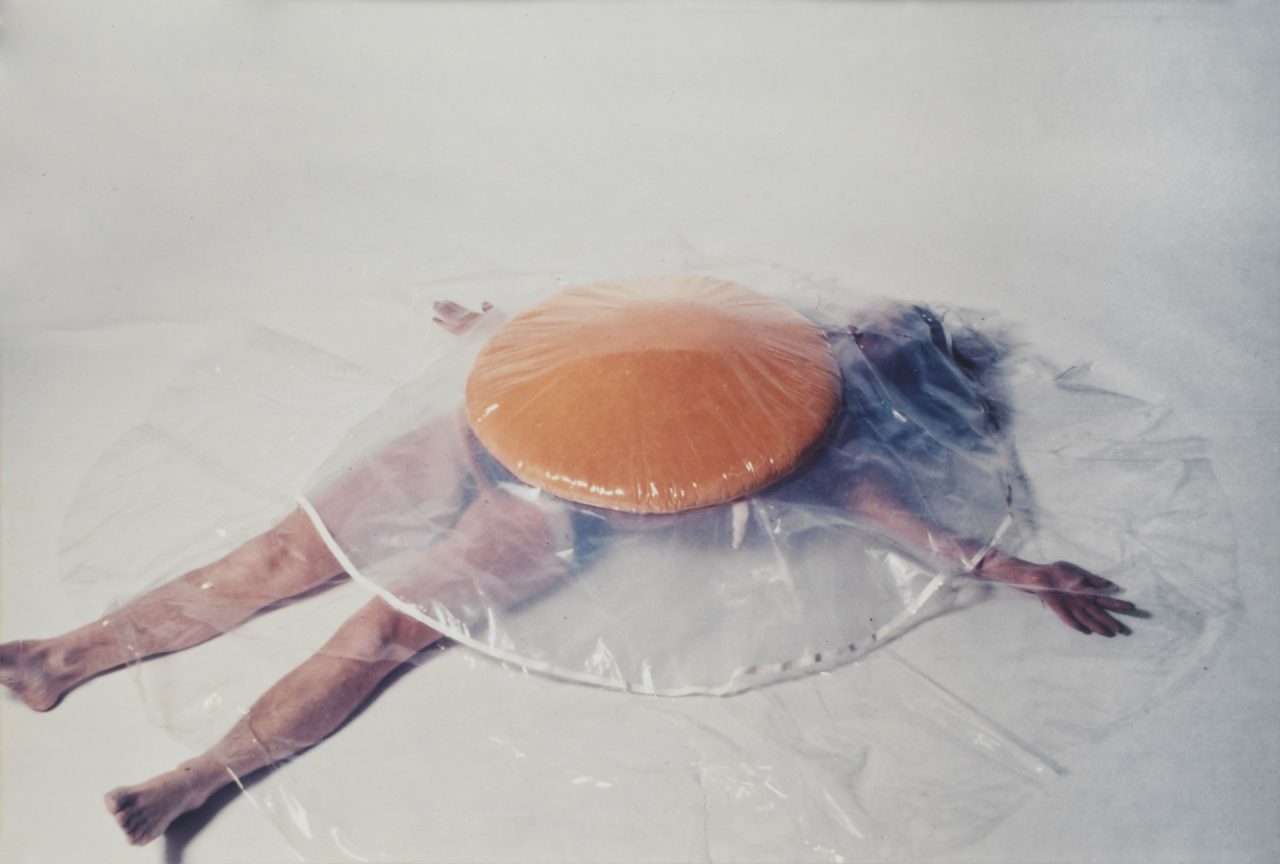
Part of the exhibition Only when I’m hauling water do I wonder if I’m getting any stronger at the Morris and Helen Belkin Art Gallery that examines Carole Itter’s multi-disciplinary artistic practice from the 1960s to the present, Raw Egg Costume exemplifies Itter’s humorous and creative interest in her environment.
[more] -
Exhibition
3 Oct – 10 Dec 2023
Outdoor Screen: Carole Itter
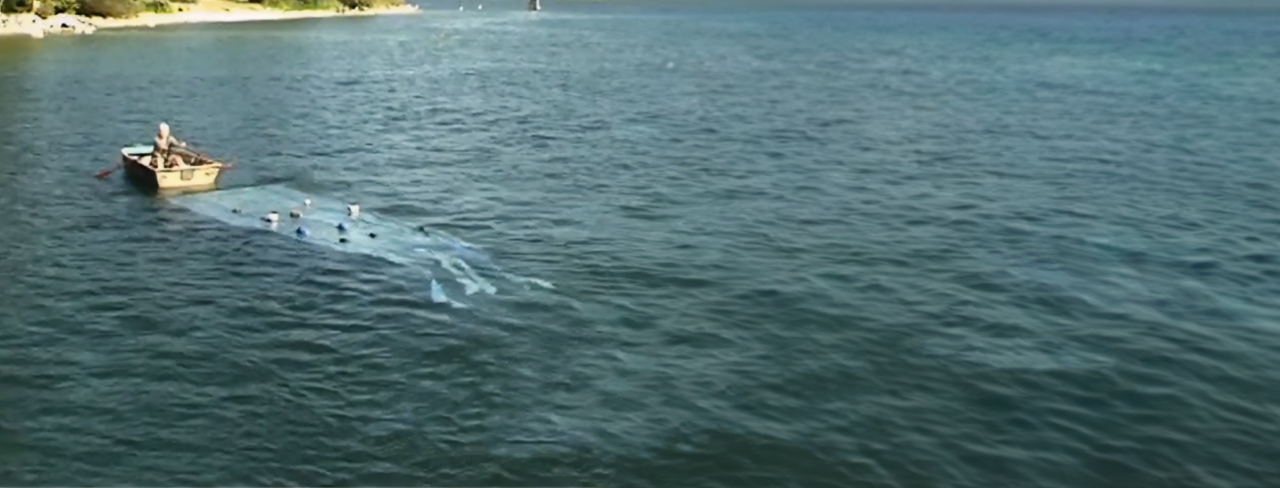
As part of the exhibition Carole Itter: Only when I'm hauling water do I wonder if I'm getting any stronger, the Belkin's Outdoor Screen will show the artist's Tarpaulin Pull (2006) daily from 9 am to 9 pm.
[more] -
News
23 Aug 2023
Reading Room: Carole Itter
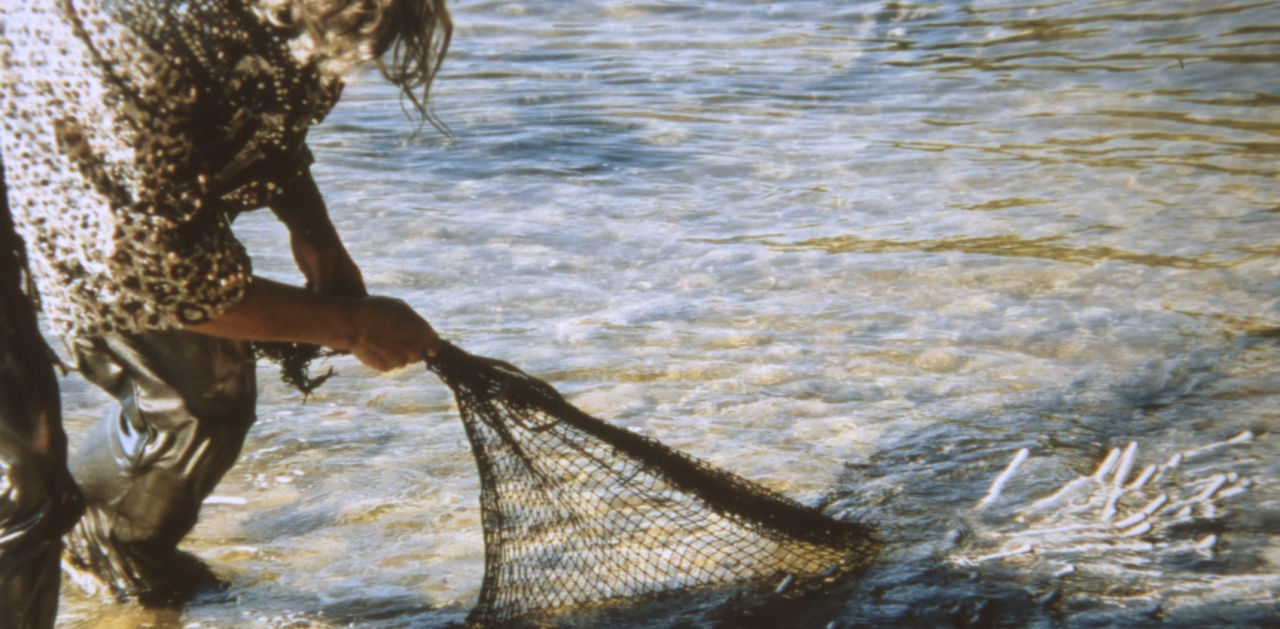
This reading room offers resources relating to the themes present in this exhibition Carole Itter: Only when I'm hauling water do I wonder if I'm getting any stronger.
[more] -
Event
Saturday, 14 Oct 2023 at 2 pm
Curatorial Conversation: Glenn Alteen, Daina Augaitis and Kimberly Phillips
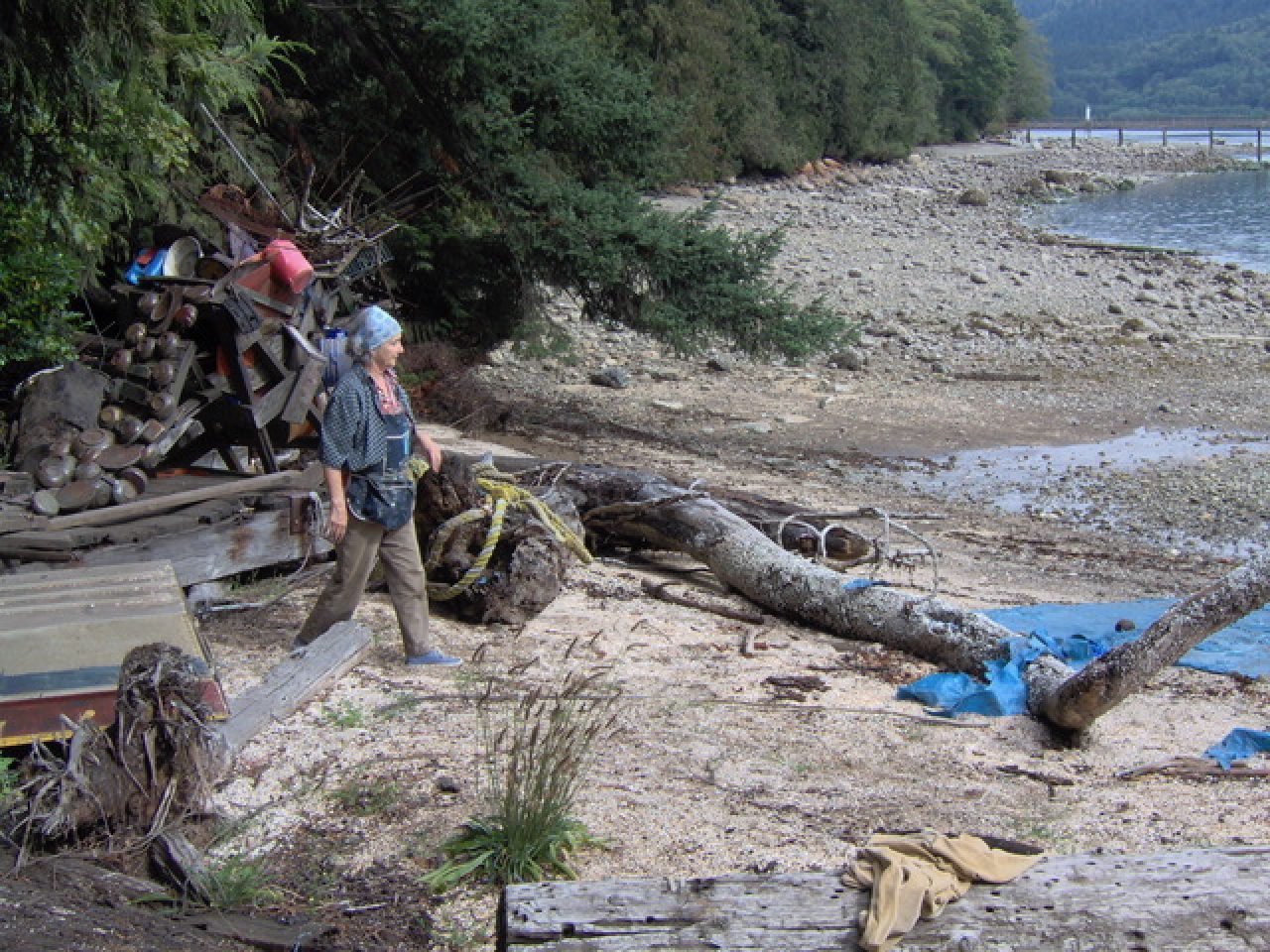
We invite you to join curators Glenn Alteen, Daina Augaitis and Kimberly Phillips to discuss their experiences and perspectives from working with Carole Itter.
[more] -
Event
Saturday, 23 Sep 2023 at 2 pm
Archival Conversation: Carole Itter, Brandon Leung and Dan Pon
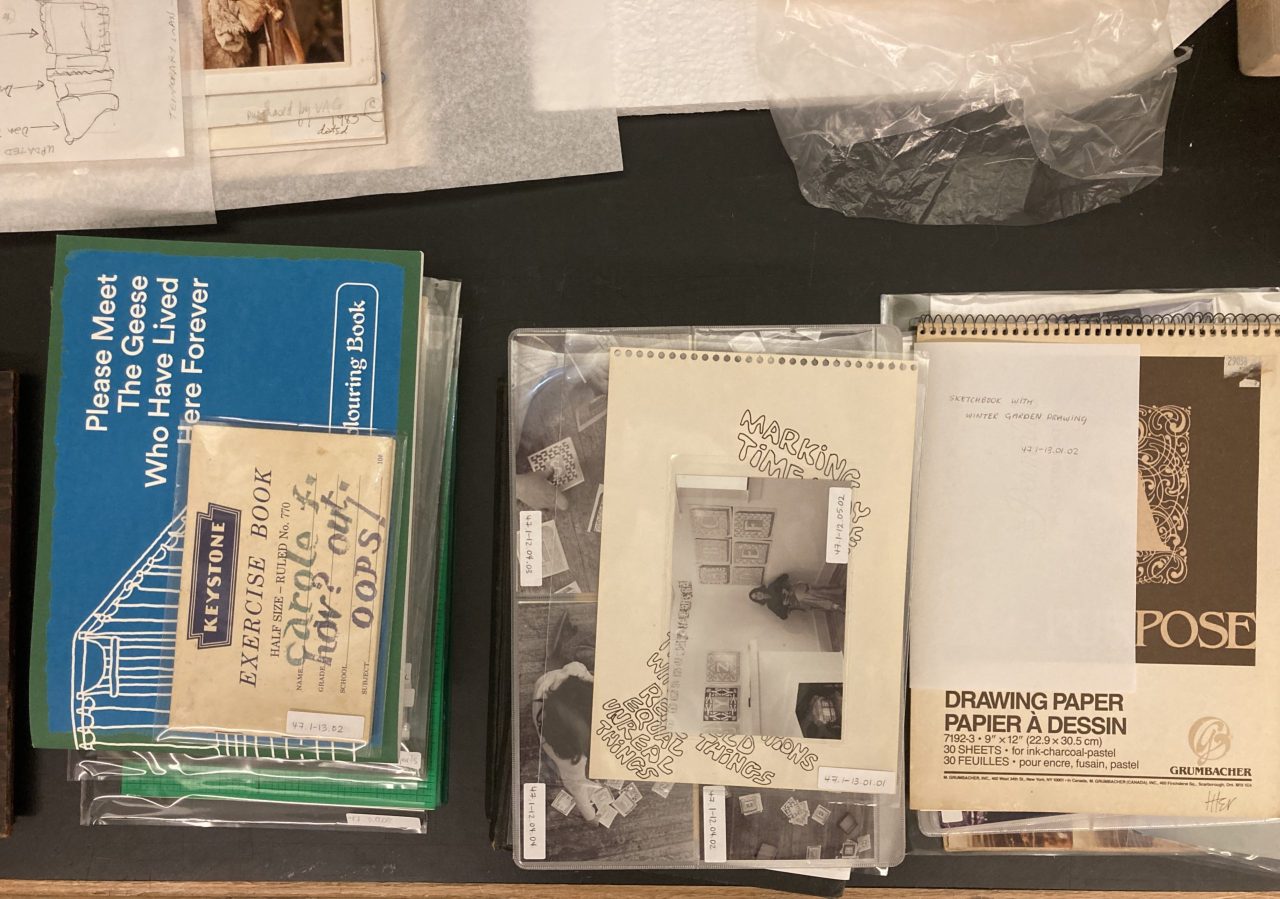
In conjunction with Carole Itter: Only when I’m hauling water do I wonder if I’m getting any stronger, join artist Carole Itter for a conversation on archives with Brandon Leung and Dan Pon.
[more] -
Event
Thursday, 2 Nov 2023 at 6:30 pm
Film Series: Choreography of the Everyday
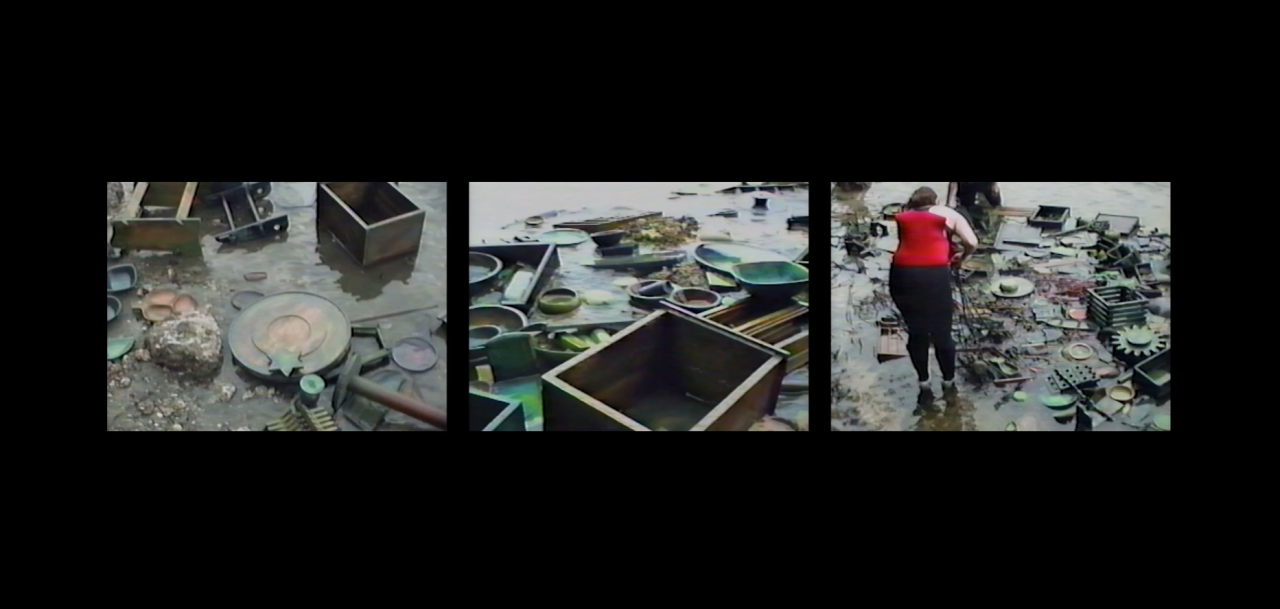
On the occasion of the exhibition Carole Itter: Only when I’m hauling water do I wonder if I’m getting any stronger, the Belkin, in collaboration with The Cinematheque, presents a series of short films delving into the artist's works. These films illuminate the choreography of the everyday within Itter’s artistic realm.
[more] -
Event
Tuesday, 28 Nov 2023 at 4:30 pm
Conversation: Materials and Methods with Olivia Michiko Gagnon, Coleman Nye and Laurie White
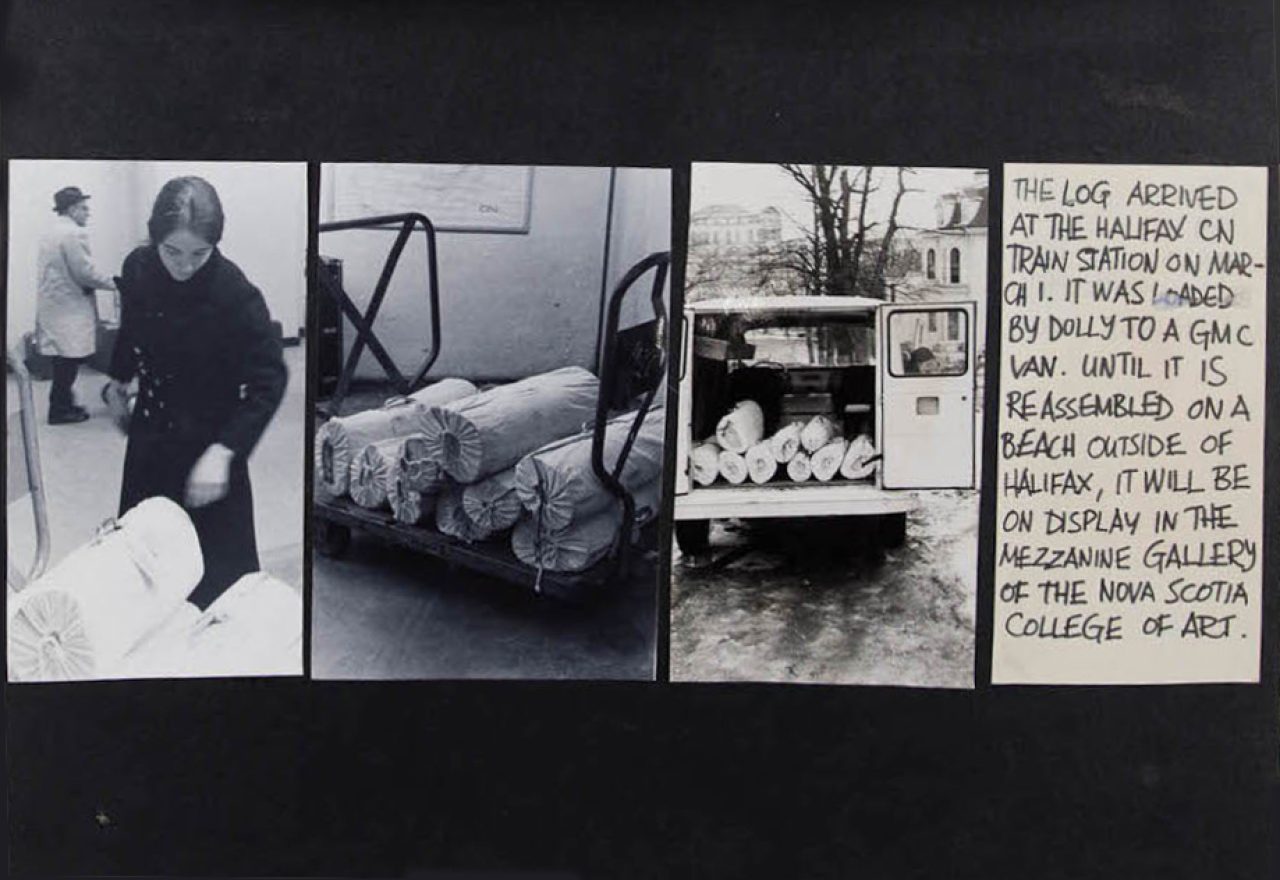
We invite you to join Olivia Michiko Gagnon and Coleman Nye as they share their responses to the works in the exhibition Carole Itter: Only when I'm hauling water do I wonder if I'm getting any stronger and consider the performative, feminist and ecological methodologies that animate Itter’s practice. Moderated by Laurie White, the discussion will attend to Itter’s use of found and salvaged materials, text and language, and her activation of place through choreography.
[more] -
Event
Wednesday, 6 Dec 2023 at 2 pm
Concert at the Belkin: Carole Itter
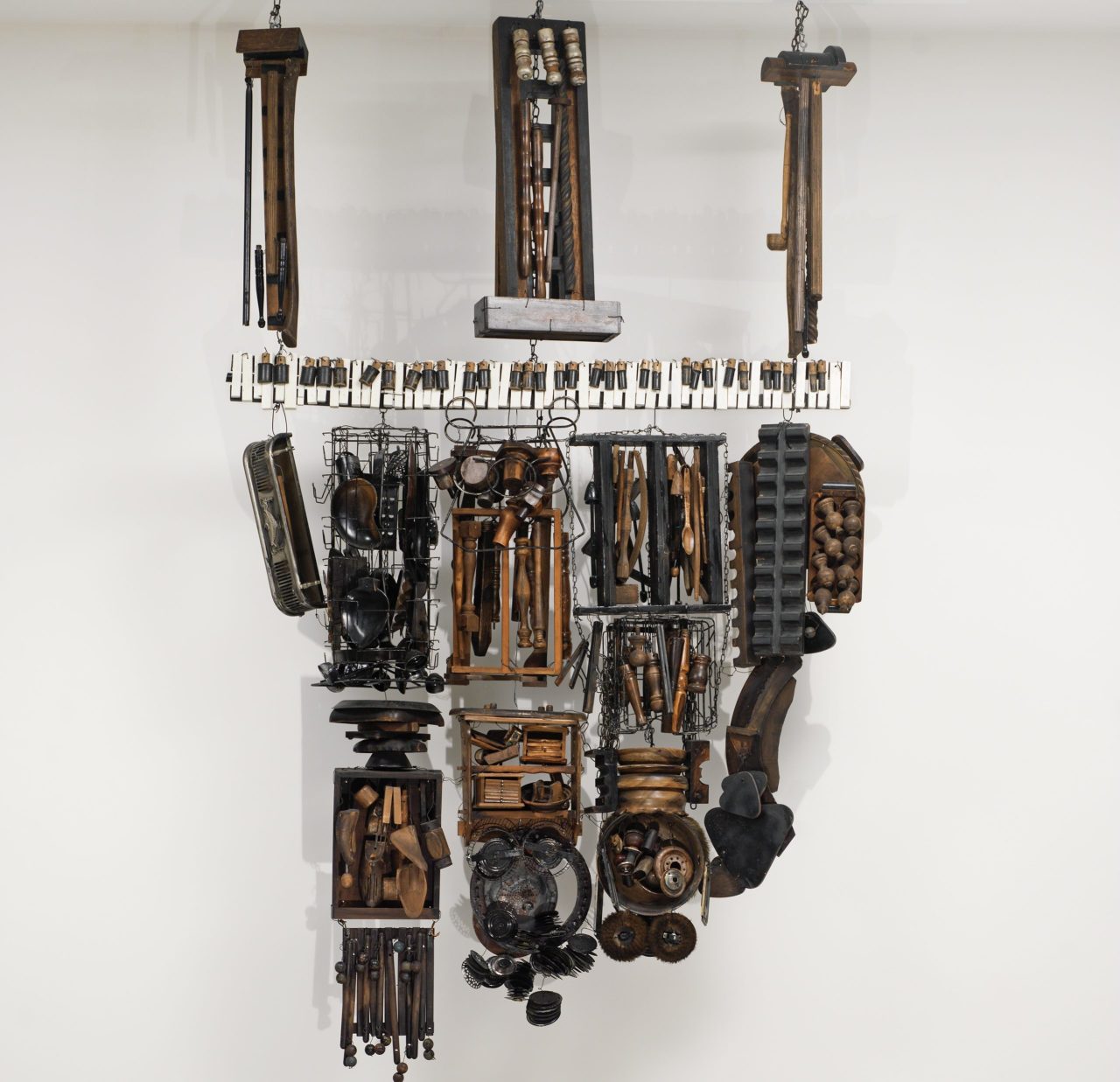
Join us for a concert by the UBC Contemporary Players directed by Paolo Bortolussi and coach Joanne S. Na in a program that celebrates the Belkin’s current exhibition Carole Itter: Only when I'm hauling water do I wonder if I'm getting any stronger.
[more]